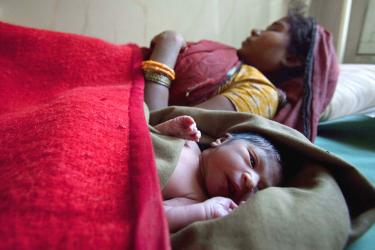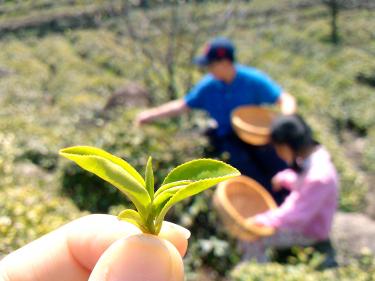Storytelling mothers inspire rural kids讀樂樂 故事媽媽下鄉
TODAY’S WORDS
今日單字
1. inspire v.啟發
例: That was a very inspiring speech; now I’m really motivated to get started.
(那是場具啟發性的演講,現在我深受鼓舞準備開始行動。)
2. plant the seeds phr.散播種子
例: It is important to plant the seeds of cooperation as early as possible.
(能儘早種下合作的種子很重要。)
3. take it all in v. 放進心裡, 記在心裡
例: I know that it is a lot of information, but you just have to take it all in and then think about it. (我知道資訊很多,但是你得把它記在心裡然後好好想一想。)
Stories can inspire the imagination and open the door to the world of reading. The Pingtung County Story Society, established by a group of mothers, has offered services in the countryside for five years, planting the seeds of reading in schools in remote areas. Although many of the mothers’ children are already in university, they go on and never get tired of their work.
The society has 100 members that regularly tell stories in the county’s elementary and junior high schools. Su Yu-hsuan, the society director, says that at first, most members will only volunteer to tell stories at their own children’s school, but that after a while the storytelling will grow on them and they expand the number of schools they visit and do not stop even after their own children have graduated.
“What was the name of the main character that was fighting a serious illness in the story you told last time?” Storytelling mother Pan Tzu-yun says one should not think that children only listen to a story and then forget about it; they will take it all in and slowly digest it. To her pleasant surprise, a student once asked her about a story she had told the year before. She believes the moral of the stories imperceptibly becomes part of the children’s lives.
(Liberty Times, translated by Perry Svensson)
故事可以啟發想像力,開啟閱讀之門,由一群媽媽組成的屏東縣故事學會,五年來透過下鄉服務,把閱讀種子散播到偏校,雖然許多媽媽的孩子都已上了大學,她們還是樂此不疲。
屏東縣故事學會有百名會員,定期到縣內國中小說故事,理事長蘇友萱表示,大部分成員剛開始都只是到孩子就讀的小學當故事志工,後來說出興趣,不但擴大服務的校園,即使自己小孩畢業了,還是沒有離開崗位。
「上次您說的故事中,那個對抗病魔的主角叫什麼名字?」故事媽媽潘紫云說,不要以為孩子們聽一聽就算了,其實他們會把情節放進心裡慢慢消化,曾經有一位學生問她前一年說過的故事,令她驚喜萬分,她相信故事中的道理,無形中已成為孩子們生命的一部分。
(自由時報記者羅欣貞)









